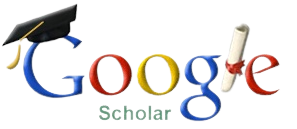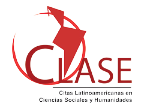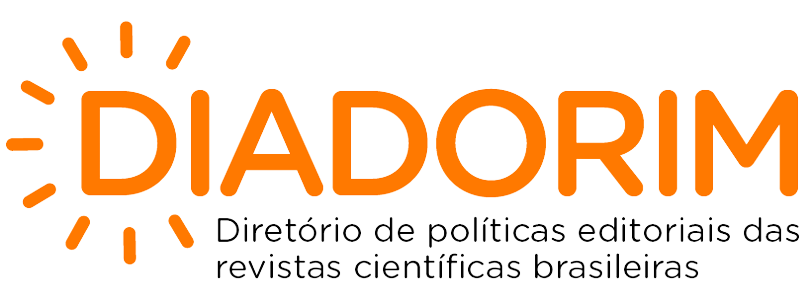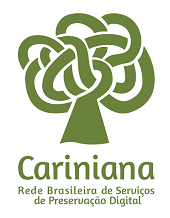About the culture of the time and the textbook of history
DOI:
https://doi.org/10.5433/2238-3018.2008v14n0p115Keywords:
Textbook, Temporality, Teaching of history.Abstract
This article aims to analyze the process of formation of temporality in the history of contemporary textbooks. Based on the assumption that this material is a complex product whose production process is subject to the intervention of several agents, integrating a web of knowledge, values and theoretical perspectives. Thus, we understand that the creation of content run on edueational materials is directly linked to this web of multiple skills, own history of scientific knowledge. From that perspective, trying to analyze the textbook in their relationship to modern history and historiography renewed, seeking understand the ways in which the historic temporality is presented to students and the values and meanings that emerge from this presentation. The article presents the results of research collections of more didactic adopted in the city of Juiz de Fora, from the process for choosing textbooks PNLD of 2005. The analytical focus will focus on analyzing the relationship between the content of the textbook and historic production, as well as relations between the historiographical renewal and the profile of didactic works available to the market.
Downloads
References
BAKHTIN, M. M. Marxismo e filosofia da linguagem. São Paulo: Hucitec, 1995.
BITENCOURT, C. M. F. Apresentação. Educação e Pesquisa, v. 30, n.3, 2004.
CHESNEAUX, J. Devemos fazer tabula rasa do passado? São Paulo, Brasiliense, 1986.
CHOPIN, A. História dos livros e das edições didáticas: sobre o estado da arte. Educação e Pesquisa, v.30, n. 3, 2004.
CARDOSO, C. F. História e paradigmas rivais. In: CARDOSO, C. F.; VAINFAS, R. Domínios da História. Rio de Janeiro, Campus, 1997.
CUCHE, D. A noção de cultura nas ciências sociais. 2. ed. Bauru: EDUSC, 2002.
DOSSE, F. A história em Migalhas. Campinas: Unicamp, 199.
DOSSE, F. A História à prova do tempo: da história em migalha ao resgate do sentido. São Paulo, UNESP, 2001.
ELIAS, N. Sobre o tempo. Rio de Janeiro: Jorge Zahar, 1998.
FONTANA, J. História: análise do passado e projeto social. São Paulo, EDUSC, 1998.
GAGNEBIN,J. M. História e narração em Walter Benjamin. São Paulo: Perspectiva, 1994.
GATTI, D. A escrita escolar da História. Bauru: Edusc, 2004.
GUIA de Livros Didáticos 2005. Brasília: Ministério da Educação, Secretaria de Educação Infantil e Fundamental, 2004. v.5: História.
HOBSBAWM, E. J. Sobre História. São Paulo: Companhia das Letras, 1998.
JENKINS, K. A história repensada. 2. ed. São Paulo: Contexto, 2004.
MUNAKAUI, K. Histórias que os Livros Didáticos contam, depois que acabou a ditadura no Brasil. In: FREITAS, M. C. (org). Historia brasileira em perspectiva. 4.ed. São Paulo: Contexto, 2001.
MIRANDA, S. R.; LUCA, T. R. O livro didático de História hoje: um panorama a partir do PNLD. Revista Brasileira de História, São Paulo, v.24, p.123-144, 2004.
RAGO, M. O historiador e o tempo. In: ROSSI, V. L. S.; ZAMBONI, E. (orgs.). Quanto tempo o tempo tem! Campinas, SP: Alínea, 2003
ROSSI, P. Naufrágios sem espectador. São Paulo, UNESP, 2000.
THOMPSON, E. P. Tempo, disciplina de trabalho e capitalismo industrial. In: THOMPSON, E. P. Costumes em comum. São Paulo, Companhia das Letras, 1998.
Downloads
Published
How to Cite
Issue
Section
License
História & Ensino adota a licença CC-BY esta licença permite que os reutilizadores distribuam, remixem, adaptem e criem a partir do material em qualquer meio ou formato, desde que a atribuição seja dada ao criador. A licença permite o uso comercial.














